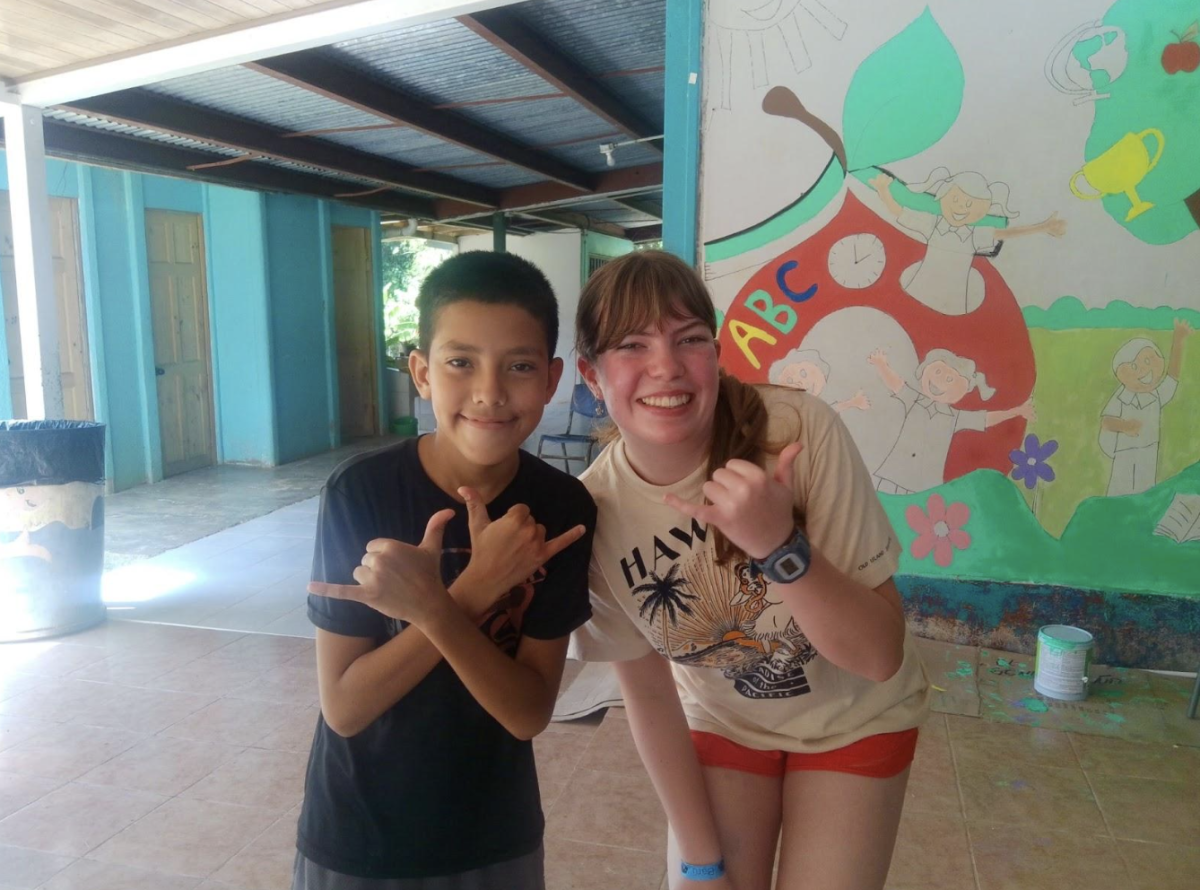Liz Smith
Reporter
It was only for a few weeks in elementary school, but the experience of fostering two stray kittens remains with freshman Jenna Zimmerman who recalls countless hours of playing with Sox, her first foster and Zoë, her second kitten. Zimmerman nurtured and cuddled the kittens and now reminisces about being upset when the time came to surrender them back to the shelter.
“Being a foster parent was rewarding because we could see our kitten was able to grow and mature in a loving, caring environment,” said Zimmerman. “It also allowed my family and me to get a taste of what it would be like to have a cat. It was also a bonding experience — it was our project and brought us together.”
Zimmerman is one of many volunteers who helps shelters during the kitten season, the busy spring months when San Francisco animal shelters are overrun with stray kittens that might die from disease if left on the streets or face euthanization because shelters are not able to accommodate them.
The SF/SPCA is dependent on the help of foster families who care for the underage and underfed kittens and providing them with necessary medical attention, according to foster care coordinator Alison Lane.
“We need volunteers — it’s the only way we can help the kittens,” said Lane. “We are only able to house a few hundred in the SF/SPCA at a time, and very often we’ll have over 200 kittens out on foster at a time. We can only save as many kittens as we have homes for.”
The SPCA fosters about 1,100 kittens per year.
“We’ve been seeing a lot of moms with nursing kittens — that’s how kitten season begins,” said Lane. “These kittens are abandoned before their eyes are even open and won’t survive without their mom, which is why we have to take them in.”
The SF/SPCA staff does not have the time to bottle-feed newborns, so it relies on foster parents.
“There are so many stray cats, especially around Golden Gate Park,” said freshman Chiara Figari, who has fostered kittens since she was five. “The SPCA works to trap the cats humanly so they can be relocated and cared for because just killing them isn’t a natural solution.”
Once in a foster home, kittens need at least one to two hours of attention every day. Playing, feeding and socializing are all a part of being a foster parent, along with taking the kittens for regular medical visits because they have little to no immune system.
“Part of being a foster parent is giving the kitten good habits,” said Lane. “You must also be the kitten’s mom, buddy, chef and maid — they are a big deal.”
Kittens remain with a foster parent until they have reached a healthy two pounds. Once they have gained weight, the kitten must be returned to the SPCA to be spayed or neutered before being put up for adoption.
Another fostering option, Fospice, utilizes nurturing homes to tend to elderly or sick cats that would be euthanized at other shelters because they are at the last stage of their lives and need a home and regular at-home medical procedures.
“Fospice is an emotionally challenging type of foster,” said Lane. “But every Fospice parent who has gone through the death of one of their animals has said that they were happy to give them the gift of a loving home for a while and are willing to Fospice again.”
Being a foster parent for the SPCA is not only a way to give back to the community, but is a way to meet other volunteers, according to Figari.
“When everyone is working for a better cause, it just makes the community stronger,” said Figari.








